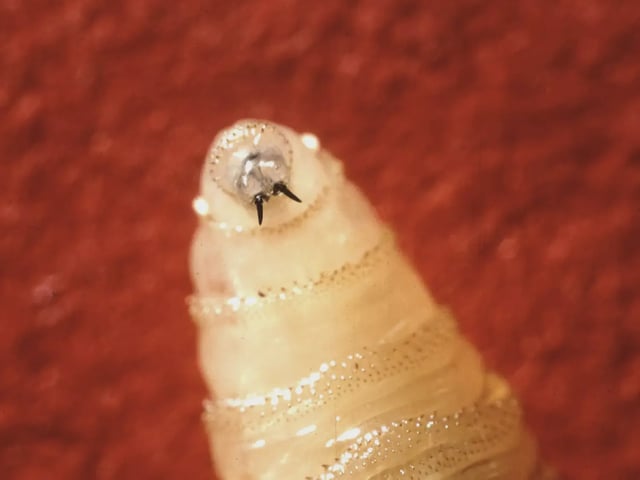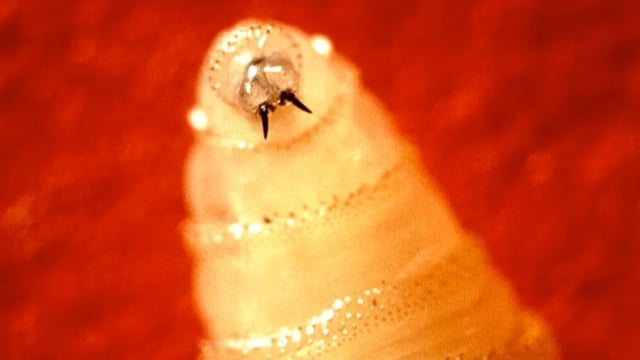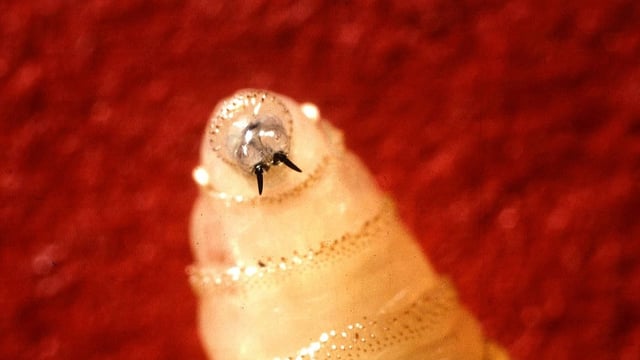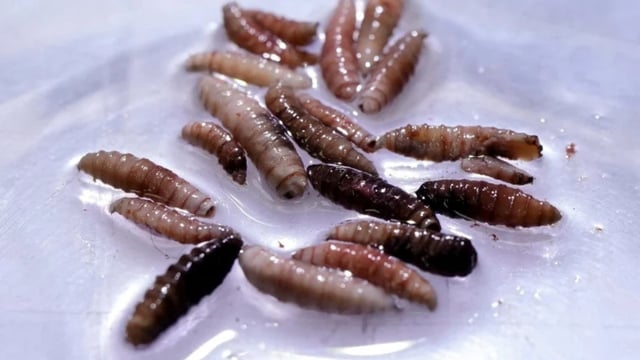Overview
- Health and Human Services confirmed on August 4 that a Maryland patient who returned from El Salvador tested positive for New World screwworm myiasis, following analysis with the CDC.
- Maryland’s health department reports no evidence of transmission to other people or animals and characterizes overall risk to the public as very low.
- The parasite’s larvae burrow into living tissue and primarily threaten livestock, with human infections uncommon and typically associated with open wounds.
- Cases have been reported across Central America and Mexico, and the USDA warns a U.S. livestock outbreak could threaten more than $100 billion in economic activity.
- USDA and CDC are working with international partners including the UN FAO, deploying sterile-fly strategies and planning a Texas facility to bolster control efforts.



